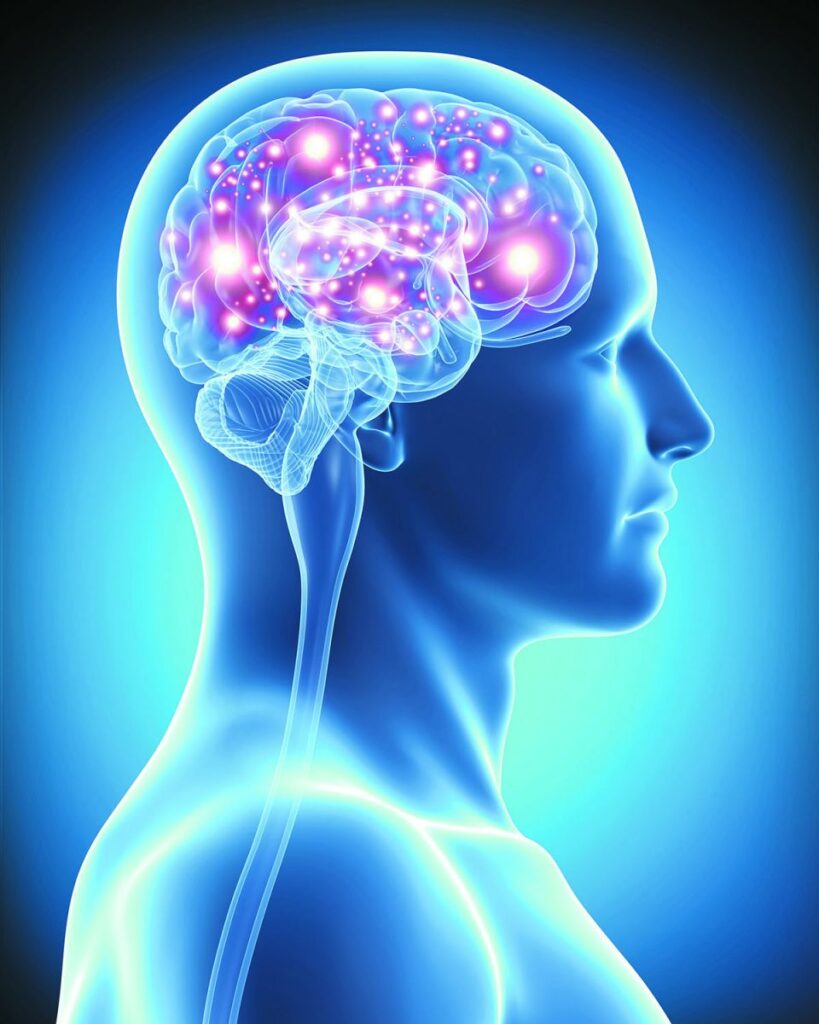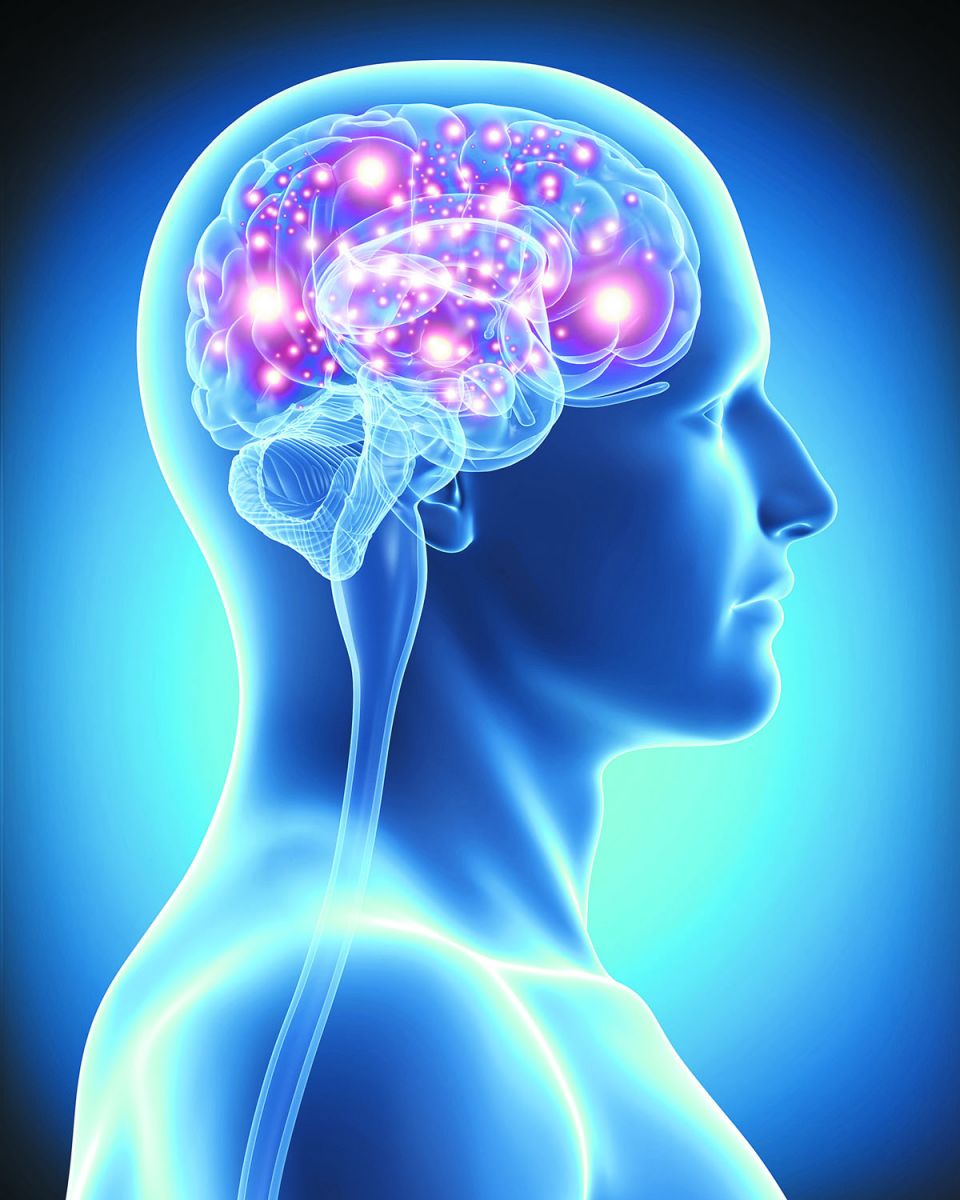How can you improve mental health?
Category: Healthy Nutrition

Mental health became more important to me as I approached my 40’s and entered the menopausal phase of my life. During this phase of life, I experienced physical, emotional, and mental changes in my body. The mental part really concerned me because I had family that were coping with dementia and parkinson’s disease.
I became a little concerned when I experienced little things like remembering where I put something or trying to recall something that had happened recently or just talking with someone and then forgetting what I was going to say next. I wanted to ignore this and think that it probably happened to everyone but I finally convinced myself to see the doctor.
I have never been someone who felt like prescription drugs were a solution to all my health problems. So instead of taking a drug that the doctor had prescribed for me, I went the natural route.
I started out using the health food store and herb store products that were recommended for me. After a month or two of taking these products and not getting the results I needed, I was invited by a friend to hear about some high-quality nutritional products that had greatly improved other people’s health. I did some research and found these to be clinically proven for safety and efficacy. After using these high- quality products for a few weeks, my symptoms began to disappear. I am so happy I finally found a natural way that solved my health problems.
I am a health coach now helping to educate others on ways that can improve their health so they don’t experience the same suffering I did. So the following tips are ways I found to improve mental health.
7 Ways to Improve Focus, Memory and Reduce Mental Decline
1. EXERCISE
When Dr. Johnny Bowden, PhD, C.N.S., and author of 12 books on health and nutrition was asked, “If you can only do one thing today to improve brain health, what would it be?” He said it would be exercise.
According to the book “The 5 Secrets to Brain Health”, the largest study to date used 19,458 physically fit adults for 24 years and were tracked by researchers at the Cooper Institute.
Those who were the most fit at midlife had a 36 percent less risk of developing dementia than those who weren’t physically active. They also said that you rarely find neuroscientists, psychologists and physicians agreeing unequivocally on anything.
But here’s an exception:
they all say that exercise is hands down the single best thing you can do for your brain.
It’s never too late to start!
You can start at any age and you’ll notice a difference. Unfortunately, a common excuse is that exercise takes too much time and effort!
A simple plan to include exercise in your life is two things: Have fun and 30 minutes a day.
Find a fun physical hobby and go for it. Choose from these gym alternative workouts: gardening, sports, joining a yoga class or just plain walking is good enough. The trick is to do it consistently.
2. EAT SMART.
Take charge of your brain by taking charge of your diet.
Did you know your brain has 100 billion cells which reach out and connect to 10,000 other cells?
It turns out that your brain has more connections than there are cubic meters in the entire universe.
If you don’t feed your brain the right foods, that universe of possibilities gets smaller and smaller.
After several years of buying convenient foods as opposed to organic healthy stuff, your brain eventually runs out of juice. It has no healthy fuel!
Look for food that has:
Lots of leafy greens, Lots and lots of colors, whole grains, and legumes and lentils
Eat lots of blueberries.
Dr. Steven Pratt, who is also on staff at Scripps Memorial Hospital in La Jolla, California, says that in animal studies, researchers have found that blueberries help protect the brain from oxidative stress and may reduce the effects of age-related conditions such as Alzheimer’s disease or dementia.
Reduce sugar and processed oil intake.
Of these two, sugar is considered the worse. Alzheimer’s, the most severe form of dementia, has the same diagnosing factors as Type 2 Diabetes.
Neurologist Dr. David Perlmutter, MD, author of “The Grain Brain”, says that the most important step to fighting this devastating disease is to reduce sugar consumption.
Increase the intake of:
B Vitamins (B6, B12) These vitamins in a study by the National Academy of Sciences from the UK shows that they protect brain from shrinkage by as much as 90%. They also help boost memory.
Omega-3 fatty acids: These are considered the building blocks of gray matter in the brain. These can be found in healthy oils like canola and flaxseed, fruits and vegetables, along with fish.
INCREASE THE INTAKE OF:
CoQ10 This amazing enzyme comes from primary sources like meat, poultry, fish, soybeans, canola oil and nuts.
LECITHIN Our brain is said to be made up of as much as 30% lecithin! It drives memory, thinking ability and muscle control.
INCREASE THE INTAKE OF:
Vitamin E This antioxidant reduces cell stress, which promotes better memory.
A daily supplement of vitamin E is said to reduce the annual mental decline rate in dementia patients by as much as 19%.
3. IMPROVE BLOOD FLOW
Your brain weighs just 3 pounds but it demands 20-25% of the blood from each heartbeat.
One reason is due to its high demand for oxygen.
TIPS TO IMPROVE BLOOD FLOW:
Manage your stress
If you’re not able to cope and recover from stress, it deprives your brain of much needed oxygen.
Check for anemia issues.
A low red blood cell count signals poor circulation.
Stabilize your blood sugar levels.
Chronic blood sugar disorders (also caused by anemia, or unstable blood sugar levels) inhibit blood flow.
Exercise
Physical and mental exercises offer proper brain stimulation to improve circulation.
OTHER TIPS TO IMPROVE BLOOD FLOW:
Supplement with Grape Seed Extract
Grape seed extract is one of the most powerful antioxidants known and contain valuable chemicals called “polyphenols” over 50 times more potent than Vitamin C or E.
Researchers found that it can penetrate the “blood-brain barrier” and prevent oxidative stress at the cellular level. This means it can get inside brain cells to protect them.
It’s commonly used as a preventive measure against many eye and brain diseases, including cataracts, Parkinson’s, Alzheimer’s, and other conditions related to mental decline.
If you purchase a supplement that contains grape seed extract, it’s important to look for one whose finished product was tested for purity.
The absolute best extract is from the Chardonnay grape seed as it offers one of the most potent forms of antioxidants.
If you haven’t already, today is a great day to start improving your mental health and prevent cognitive degeneration.
To find out about the four other powerful ways you can start improving your mental health, check out my article by clicking here 7 Ways to Improve Focus, Memory and Reduce Mental Decline (yourwellnessproject.com)



Facebook Comments